
10 Divine Vahanas of Hindu Gods and Deities You Must See!
In Hindu mythology, deities are often depicted riding on various divine vehicles or Vahanas of Hindu Gods, symbolizing their unique attributes and characteristics. These sacred Vahanas hold significant spiritual and mythological importance, representing the divine connection between the gods and their devotees. Let’s explore ten divine Vahanas of Hindu deities and their symbolic meanings.
Table of Contents
Shvaan: Kaal Bhairav
The fierce form of Lord Shiva, Kaal Bhairav, rides on a black dog named Shvaan, representing his ferocity and protection of devotees.
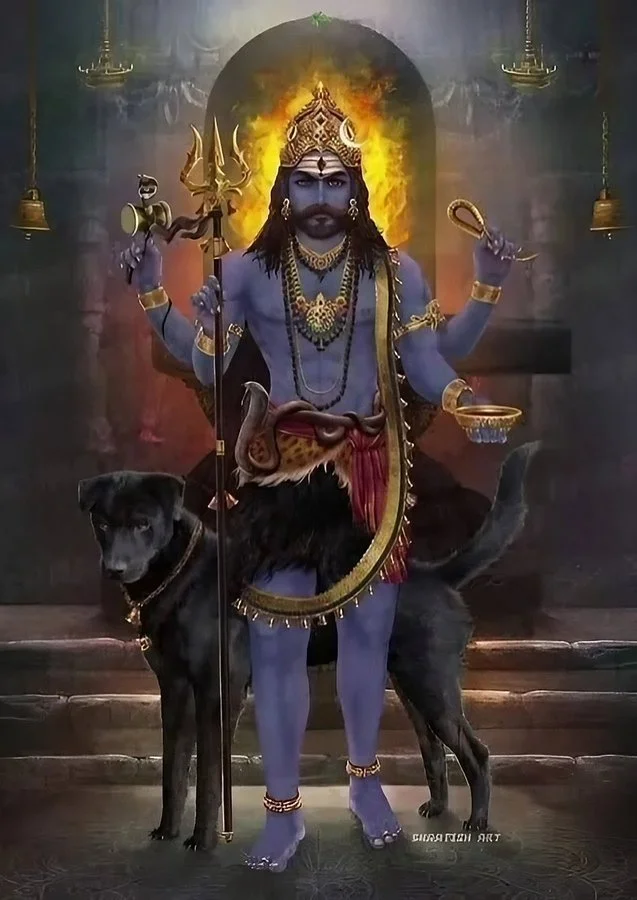
9 Evidences That Prove That Ramayan is History, Not Myth!
Ancient Egyptian 30-Second Male Potency Secret to Overcome Erectile Dysfunction!
The Illusion of Dhirendra Shashtri | Exposing the Deception and Exploitative Practices
Garuda: Bhagwan Vishnu
Garuda, a majestic eagle, serves as the Vahana of Lord Vishnu, symbolizing speed, strength, and liberation.
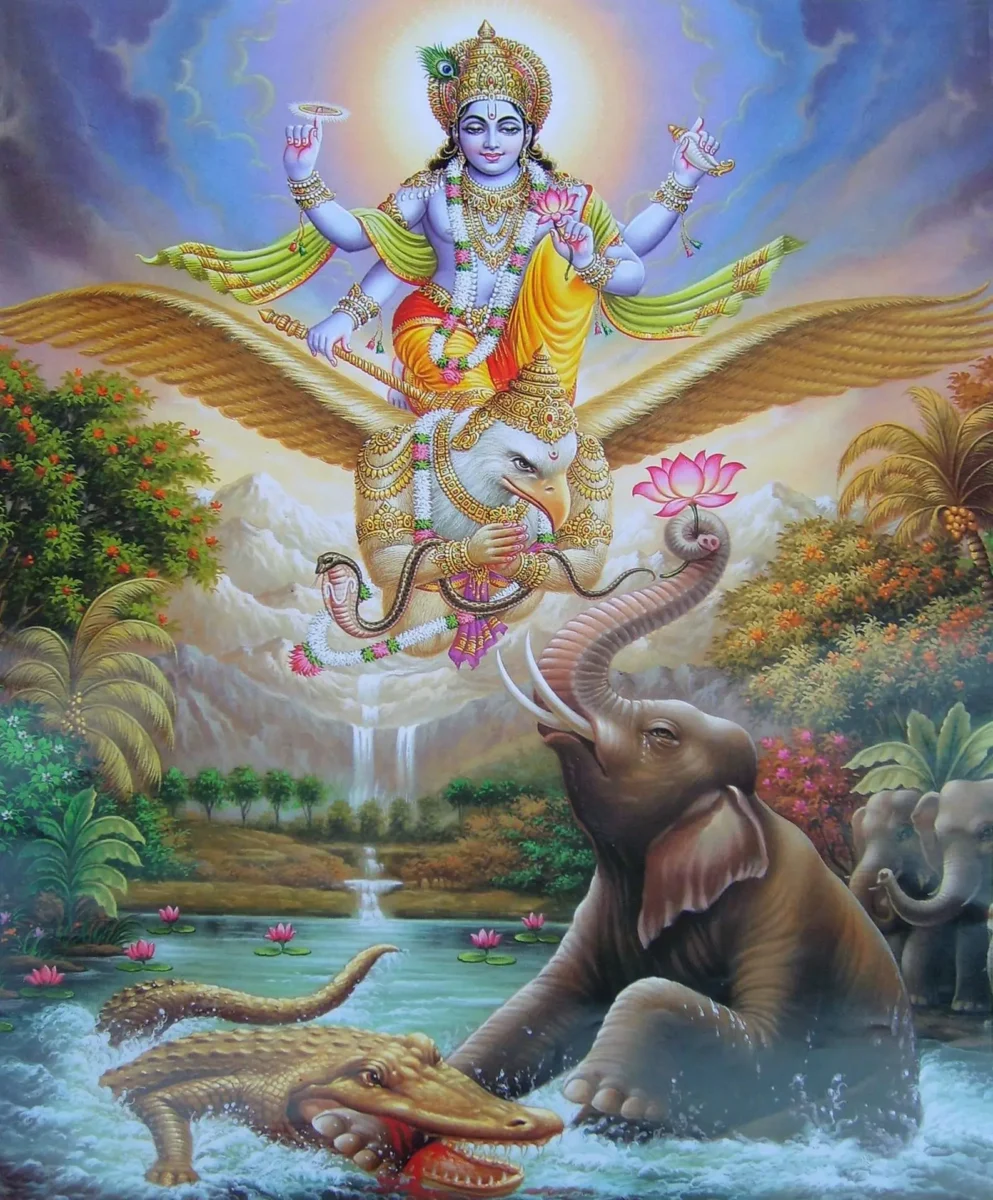
Simha: Maa Durga (from Vahanas of Hindu Gods)
Maa Durga, the embodiment of feminine power, rides on a lion or Simha, symbolizing courage, valor, and fearlessness.
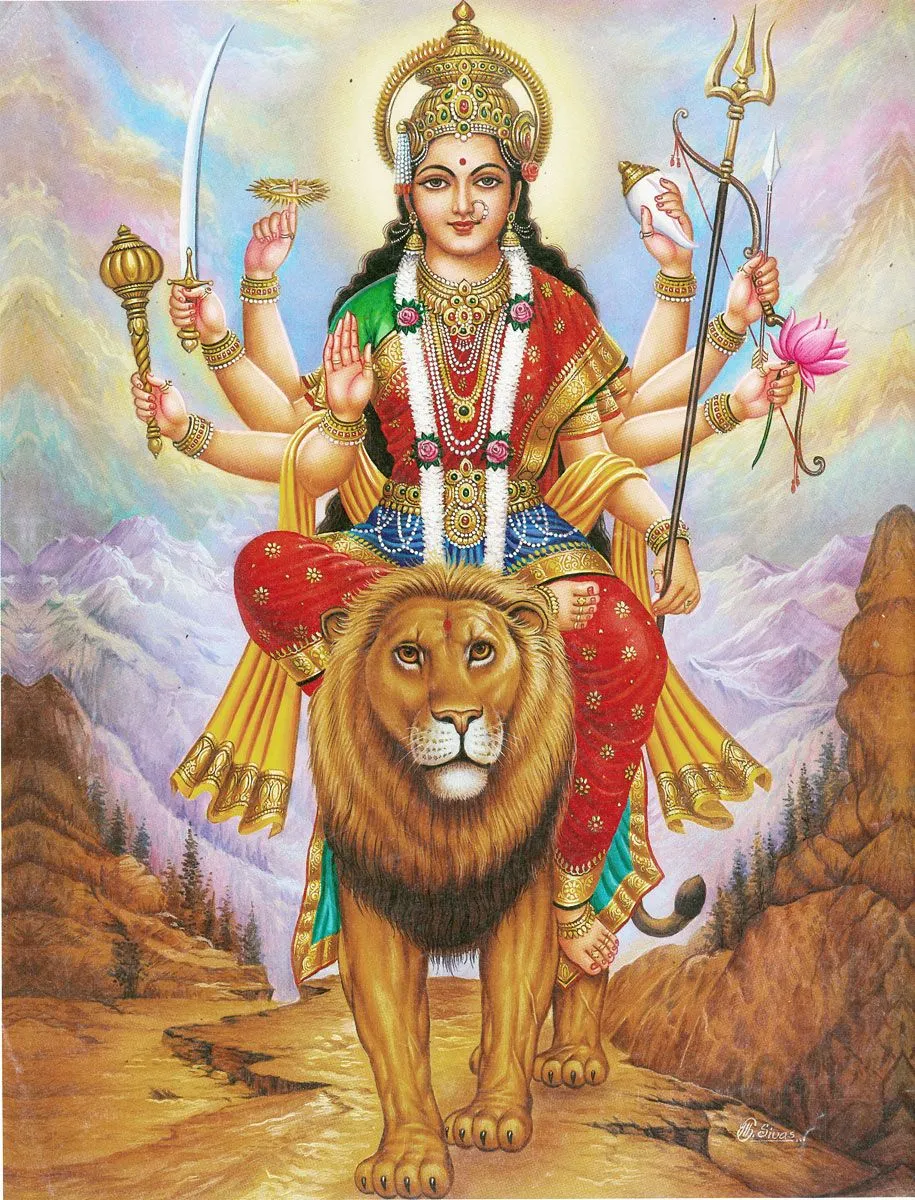
Uluka: Maa Lakshmi
Maa Lakshmi, the goddess of wealth and prosperity, rides on an owl named Uluka, signifying wisdom and auspiciousness.
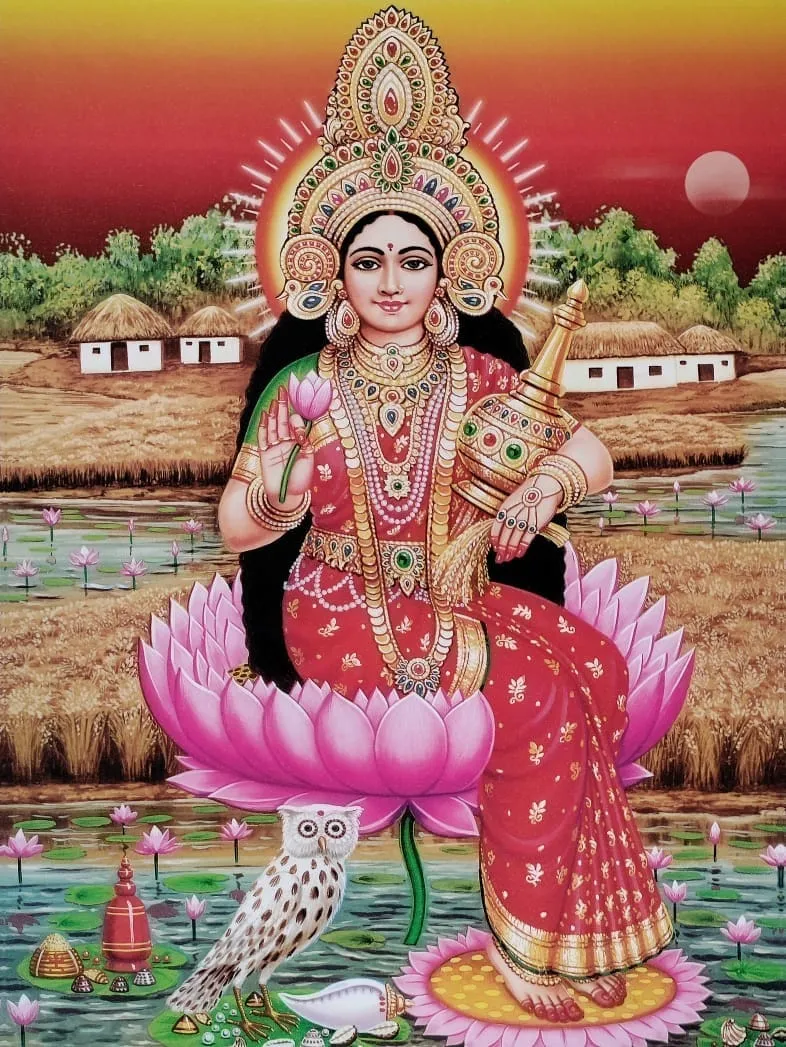
Magar: Maa Ganga
Maa Ganga, the river goddess, is often depicted riding a crocodile or Magar, symbolizing her authority over the waters and purification.
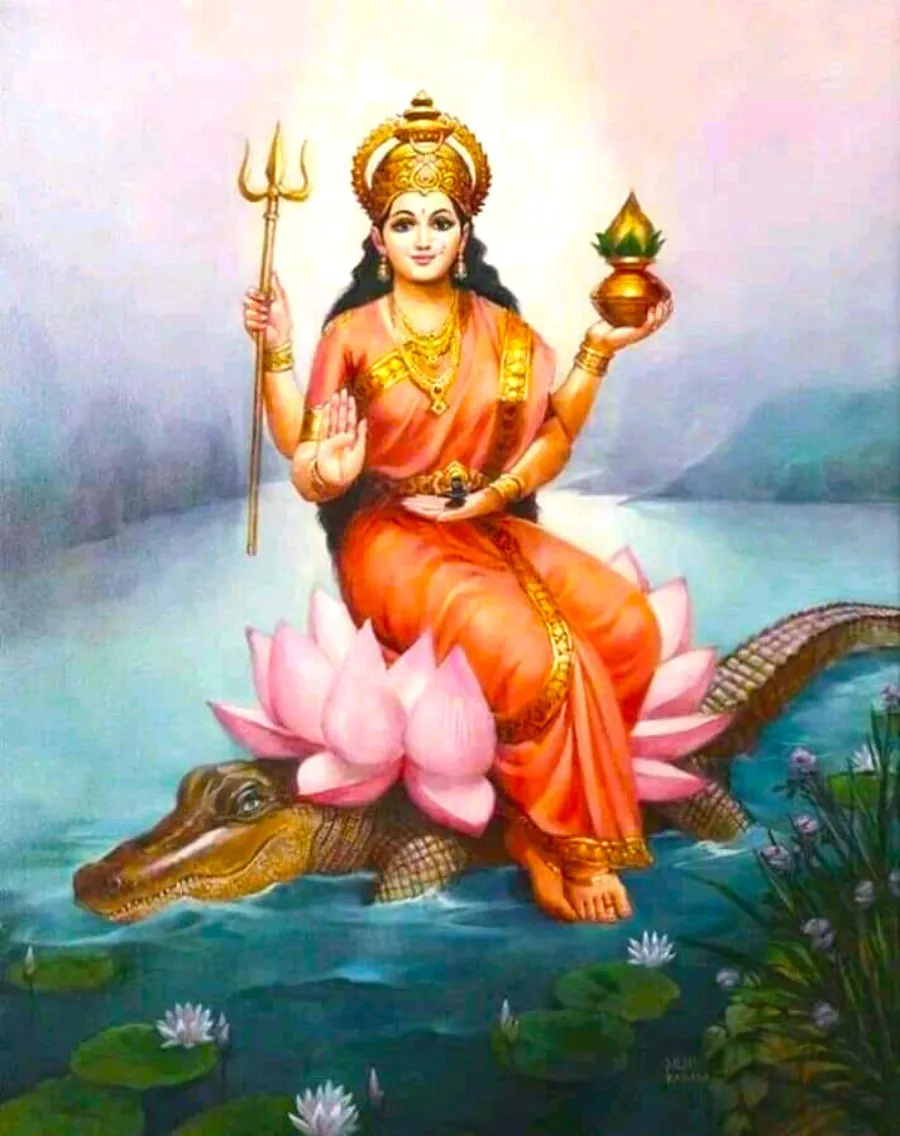
Airavata: Devraj Indra
Devraj Indra, the king of Devas, rides on Airavata, a celestial white elephant, representing power, regality, and fertility.
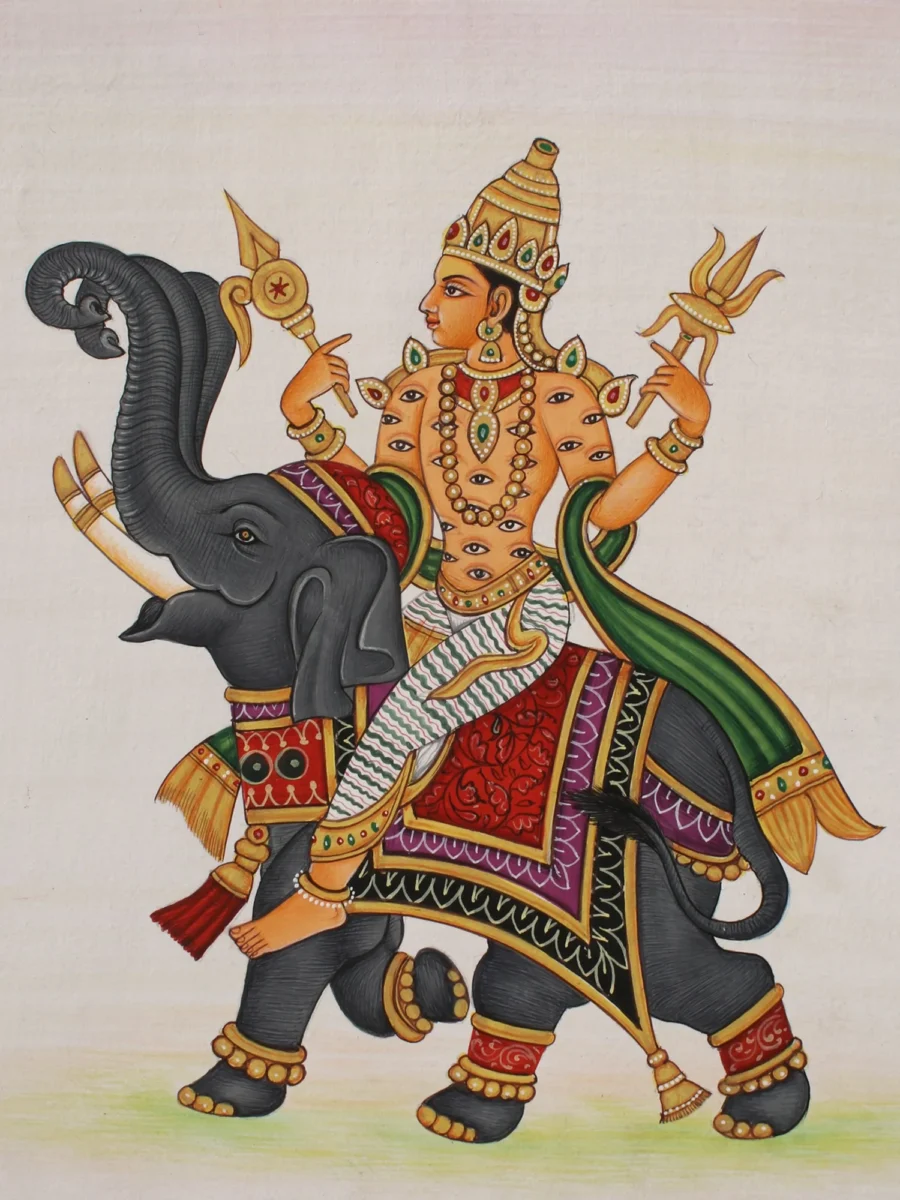
Hamsa: Bhagwan Brahma
Bhagwan Brahma, the creator of the universe, rides on a swan or Hamsa, signifying purity, grace, and wisdom.
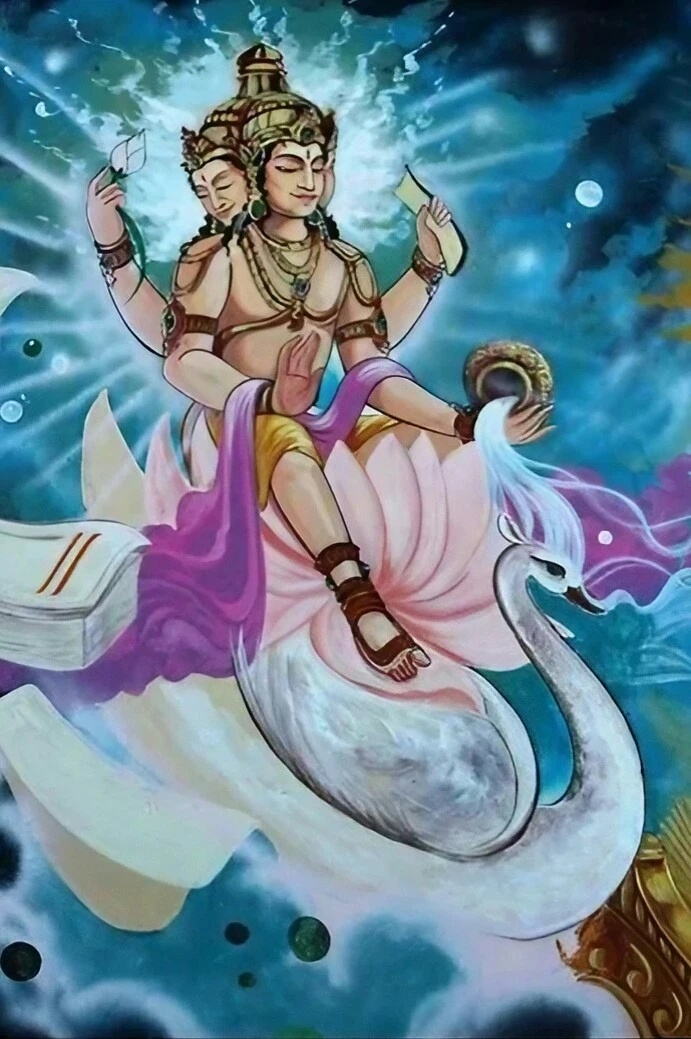
Mayura: Bhagwan Kartikeya
Bhagwan Kartikeya, the god of war, rides on a peacock named Mayura, symbolizing beauty, vibrancy, and victory.
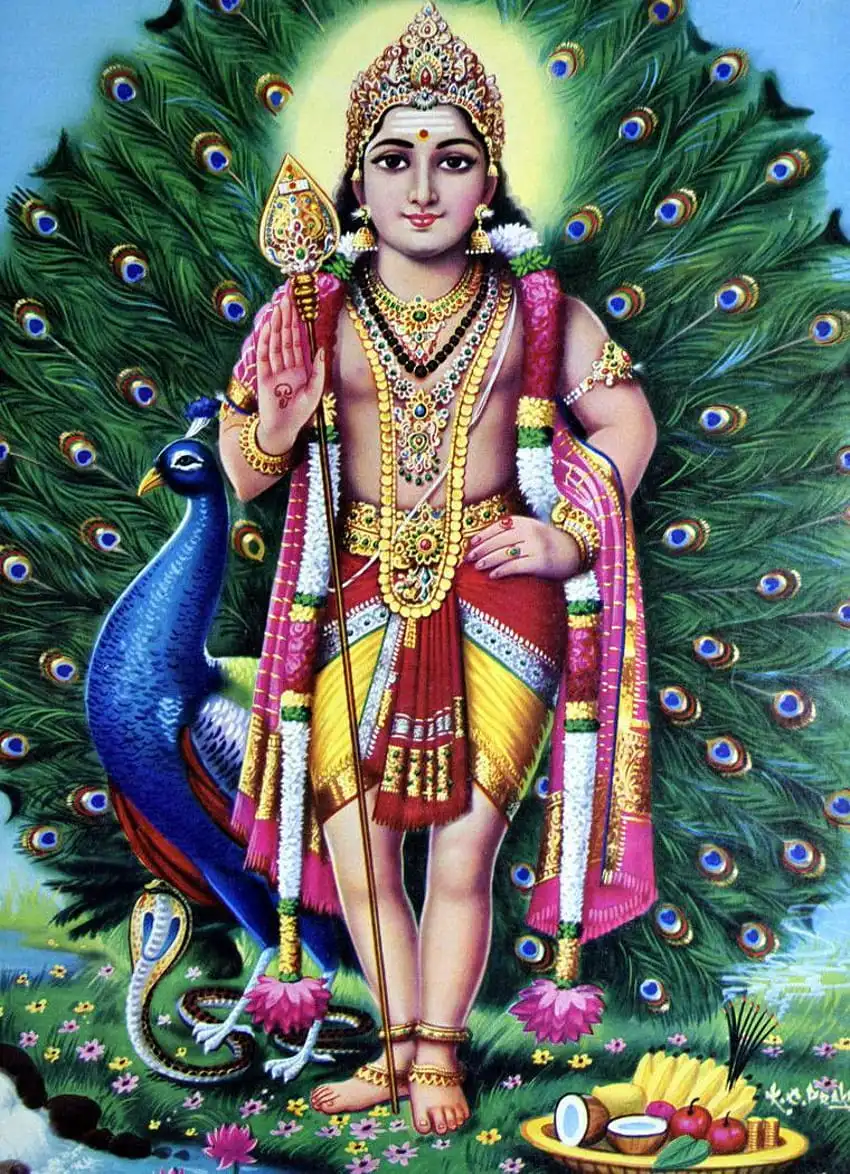
Mushak: Bhagwan Ganesh
Bhagwan Ganesh, the remover of obstacles, rides on a mouse or Mushak, representing humility and the ability to navigate through challenges.
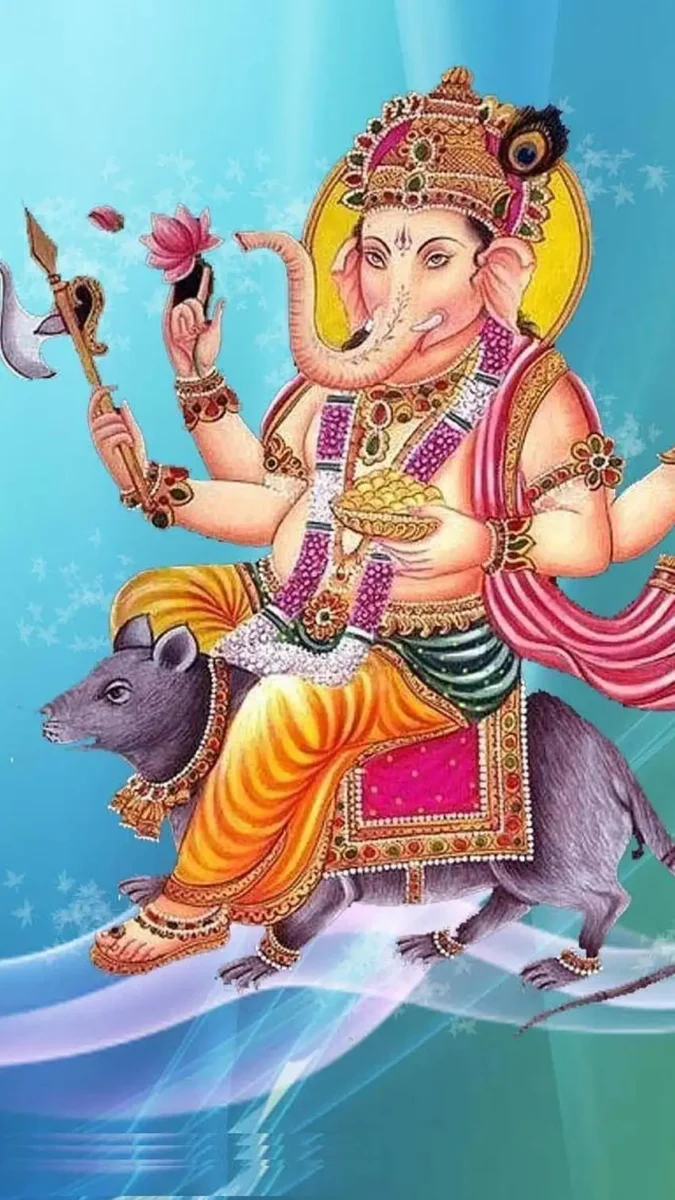
Nandi: Bhagwan Shiva
Bhagwan Shiva, the supreme god, is often depicted with Nandi, the sacred bull, signifying strength, righteousness, and loyalty.
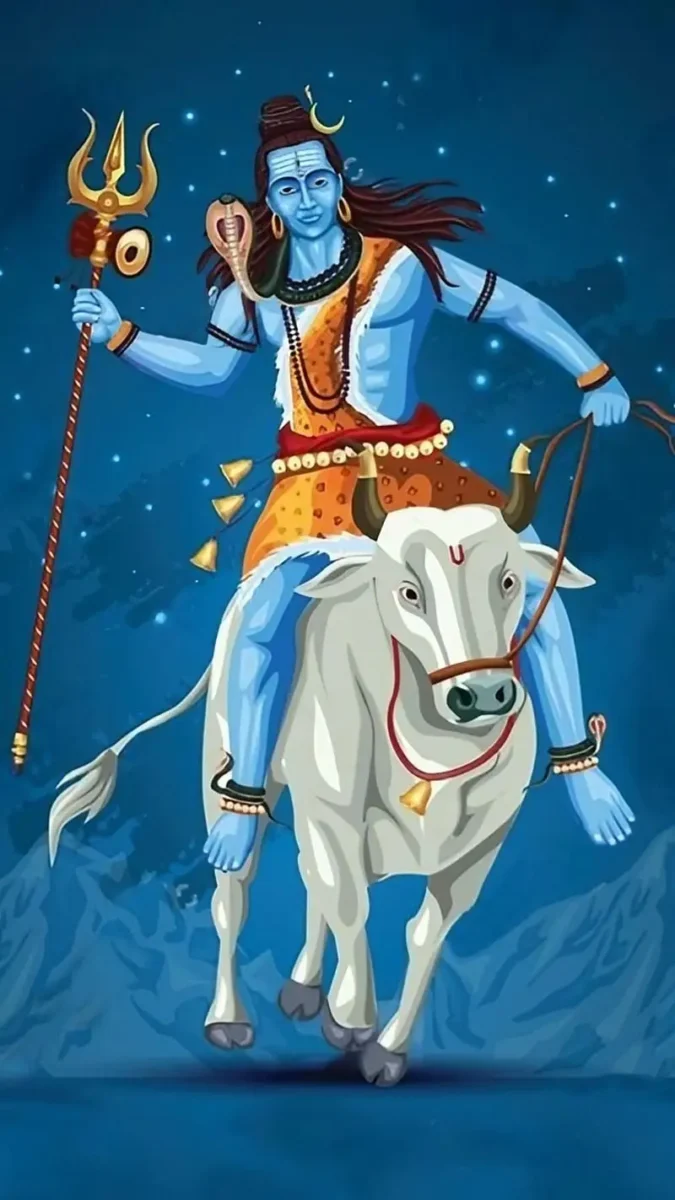
Conclusion:
The divine Vahanas of Hindu deities hold deep spiritual significance and serve as a reminder of the diverse attributes and characteristics of the gods they accompany. Each Vahana symbolizes unique qualities, making them an essential part of Hindu mythology and devotion. Understanding these sacred associations enriches our spiritual connection with the divine and allows us to appreciate the vastness of Hindu cosmology.



